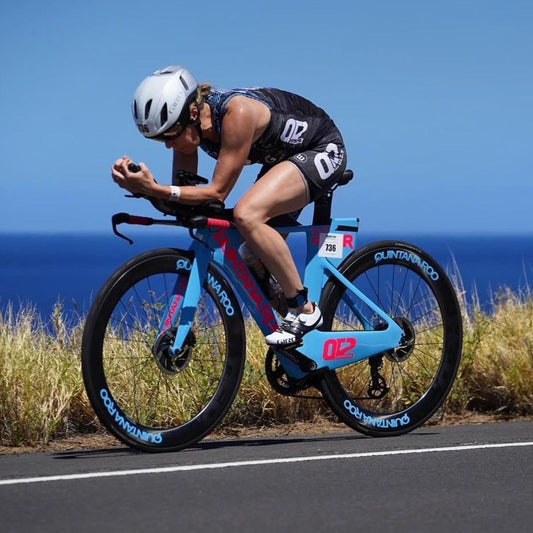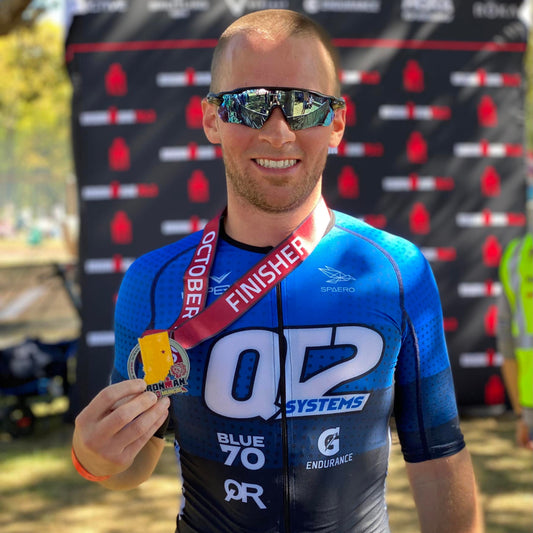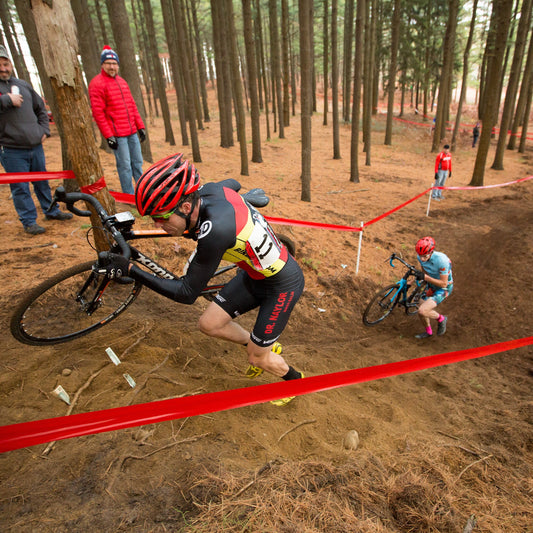The Journey is the Destination: Finding Purpose in the Process
“Success is not the key to happiness. Happiness is the key to success. If you love what you are doing, you will be successful.” — Albert Schweitzer
Introduction: Why Are You Really Here?
As an endurance athlete, it's easy to get caught up in chasing race results, podiums, and personal bests. But for you—the Intuitive Feeler—the real magic happens when you connect deeply with the process of training, not just the outcome.
The problem? Racing and training can feel overwhelming when you focus too much on an external result, like a time goal or a ranking. Self-doubt creeps in when things don’t go as planned. You may find yourself questioning if you’re “good enough” or if you’re making progress at all.
The solution? Shift your focus from the finish line to the journey itself.
This is where process goals come in. Unlike outcome goals (which are results-based, like finishing in the top 10 of your age group), process goals focus on what you can control every day. They help you feel fulfilled now, rather than always waiting for a race result to define your progress.
Why Process Goals Work for You
As an intuitive athlete, you thrive when training has personal meaning. You perform best when each session feels purposeful—not just a box to check off.
Process goals:
✅ Make training more enjoyable and rewarding.
✅ Reduce the emotional rollercoaster of good/bad training days.
✅ Help you stay present rather than worrying about the future.
✅ Strengthen your trust in yourself and your journey.
Reframing Success: The “Enough” Mindset
Have you ever finished a workout and thought, Was that good enough? Did I do enough today?
That’s your outcome-focused brain talking. Instead, shift to process-based thinking by asking:
✅ Did I show up today and give what I had?
✅ Did I practice my fueling, pacing, or mental focus?
✅ Did I take one small step forward in my journey?
When you learn to appreciate small victories, you stop chasing validation and start trusting yourself.
Practical Example: Shifting from Outcome to Process Goals
Let’s say you set a goal to run a sub-1:30 half marathon. That’s an outcome goal. While it’s a great target, it can feel overwhelming because race day is unpredictable.
Instead, break it into process goals:
👉 Outcome goal: Run a 1:29:59 half marathon.
✅ Process goal: Focus on controlled breathing during workouts.
✅ Process goal: Nail race-day fueling by practicing it in long runs.
✅ Process goal: Stay present and strong in the last 5K of long runs.
See the shift? You can’t always control the race result, but you can control your process.
Your New Mental Practice: “The Daily Win” Exercise
Each day, write down one small victory from your training. It could be something simple:
✔️ I kept my effort smooth and steady during intervals.
✔️ I practiced positive self-talk instead of criticizing my pace.
✔️ I listened to my body and adjusted my plan without guilt.
Over time, these small wins will help you trust your journey and quiet the inner voice that tells you you're "not doing enough."






